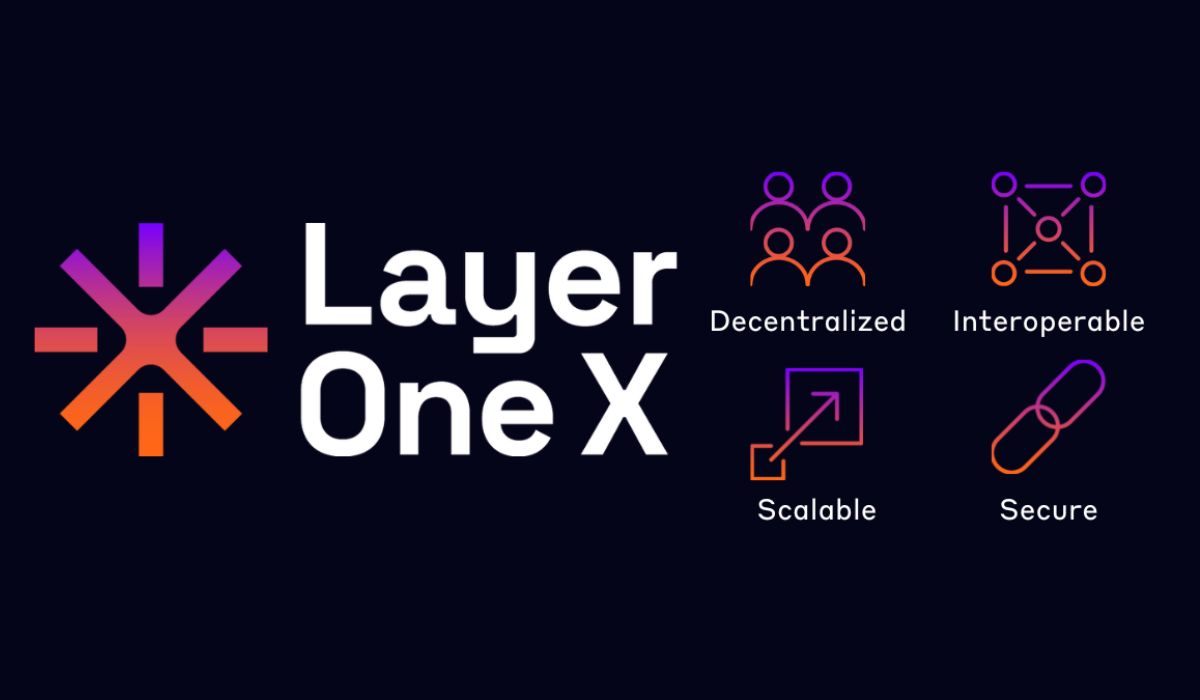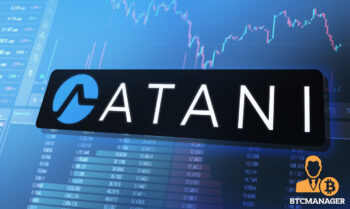
2023-4-7 16:47 |
The concept of decentralisation has an almost seductive quality.
A financial world without the need for central parties is as romantic as it gets. Transactions whizzing around purely peer-to-peer. Clean efficiency, low fees and high speed, and without the need to trust. What is not to love?
But as enchanting as that vision seems, making it a reality is proving challenging in the cryptocurrency sphere.
How centralised are cryptocurrencies?We have seen many cryptocurrencies revealed as being significantly more centralised than advertised. Solana is the one that springs to mind, with concern that part of the reason for its meteoric run-up during the pandemic was due to manipulation by Sam Bankman-Fried, who had close ties to the coin.
Smaller altcoins are often derided for being influenced by whale wallets. Even Ethereum, the world’s second-biggest cryptocurrency, is significantly more centralised than a lot of the market assumes. I wrote a deep dive on my assessment of Ethereum last October (spoiler: I value it like a tech stock) but I will briefly recap some of the aspects which reveal how centralised it is.
Firstly, the bulk of the activity on Ethereum, and the total value locked (TVL), are conducted via centralised stablecoins like Tether and Circle. These stablecoins are subject to the law and have shown on multiple occasions that they can and will freeze assets if they are required by lawmakers to do so (the incident on Tornado Cash springs to mind).
Sure, Ethereum is home to decentralised finance (DeFi), but is it really DeFi if the whole thing runs on centralised stablecoins and can be shut down if the law requires? Ethereum founder Vitalik Buterin knows this, even going so far as to say that these centralised stables have so much influence that they could decide the fate of future forks of the crypto:
I think in the further future, (the issue of centralised providers deciding the direction of Ethereum) definitely becomes more of a concern. Basically, the fact that USDC’s decision of which chain to consider as Ethereum could become a significant decider in future contentious hard forks.
Ethereum founder Vitalik ButerinThen there is the issue of staking. The bulk of staking on Ethereum is conducted through staking pools, many of which are centralised.
Then there is the issue of cloud providers. Did you know nearly two-thirds the nodes on Ethereum are run by Amazon?
Al across the board, cryptos are often more centralised than they appear. DAI is another strong example. The community has been forced to propose a free-floating model for its stablecoin in order to move away from DAI’s reliance on centralised collateral like USDC, but the plan to have a free-floating stablecoin is ambitious, to say the least.
Do people care about decentralisation?The above paints quite a different picture from the revolutionary, middleman-free world that cryptocurrency was meant to promise. Having said that, crypto is just a baby – launched when Satoshi Nakamoto mined the first block back in January 2009. It is fair to cut crypto as a whole some slack for not being what it promises to be right now.
But will it ever get there? The road to decentralisation is lined on all sides by common pitfalls centred on convenience, efficiency and ease of use, which are far from impossible with a decentralised product, but definitely harder. Look no further than the ultra-clean Binance chain, a highly centralised blockchain, but one that operates with close to zero fees and extremely smoothly compared to many of its decentralised cousins.
The popularity of the Binance chain hints at an important point. No matter how seductive decentralisation is, and no matter how aligned with the pillars of crypto the concept is, people will always value convenience and usability highly. There is no point in being decentralised if the thing doesn’t work. Period.
Ethereum can cost hundreds of dollars in gas fees for basic transactions at times when the network is congested. This is a massive problem, and regardless of whether it is more decentralised than a competitor, people will struggle to use it with hurdles that are prohibitive. I love decentralisation, but I’m not paying a $60 gas fee to send my money from one place to another.
Of course, some of the best developers in the world are working on these problems. And when smart people put their minds together, good things often happen. So who knows, maybe a lot of the cryptos out there will move towards a significantly more decentralised existence. But right now, make sure you read the small print.
The post <strong>Cryptocurrency is not as decentralised as it appears</strong> appeared first on Invezz.
origin »Bitcoin price in Telegram @btc_price_every_hour
Central African CFA Franc (XAF) íà Currencies.ru
|
|














